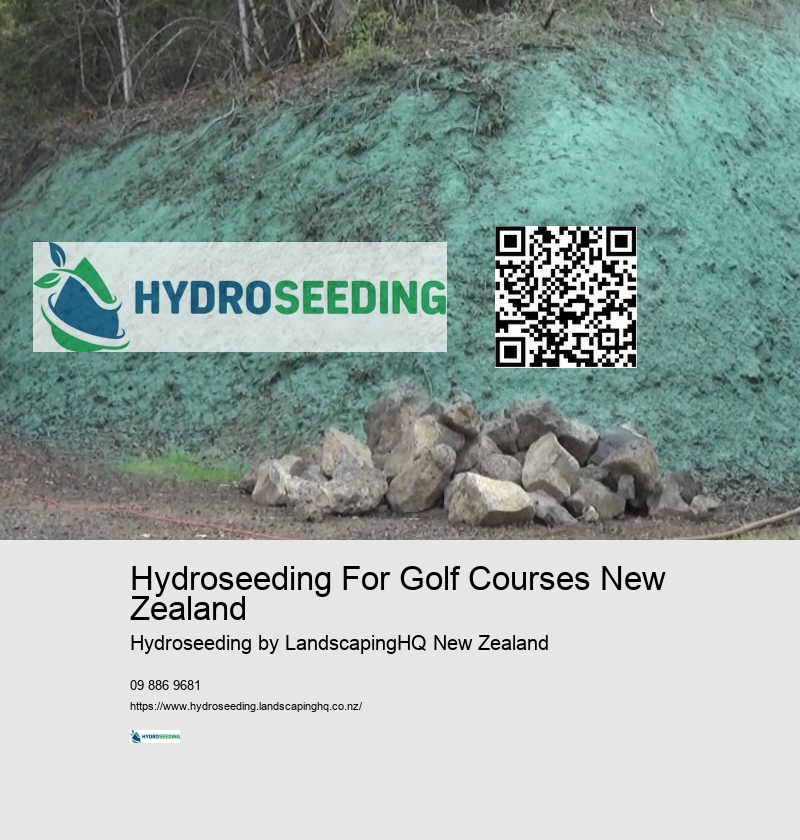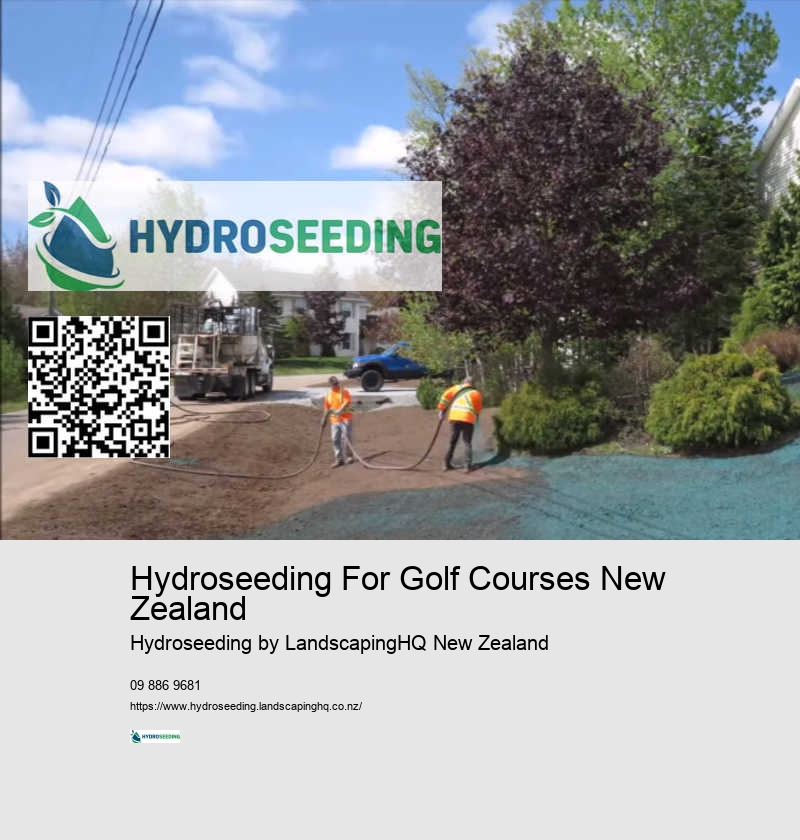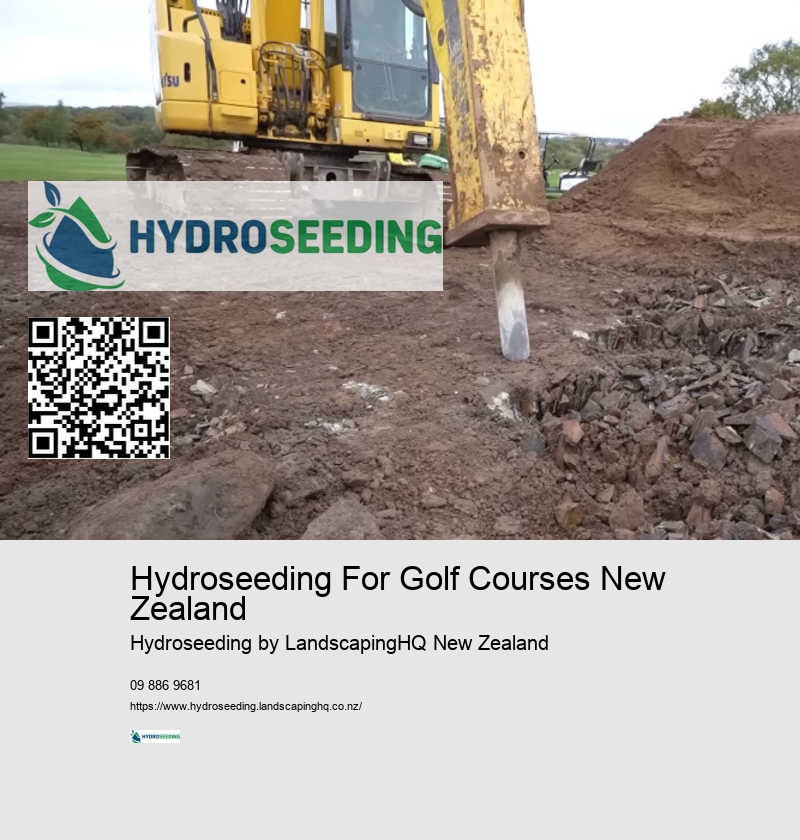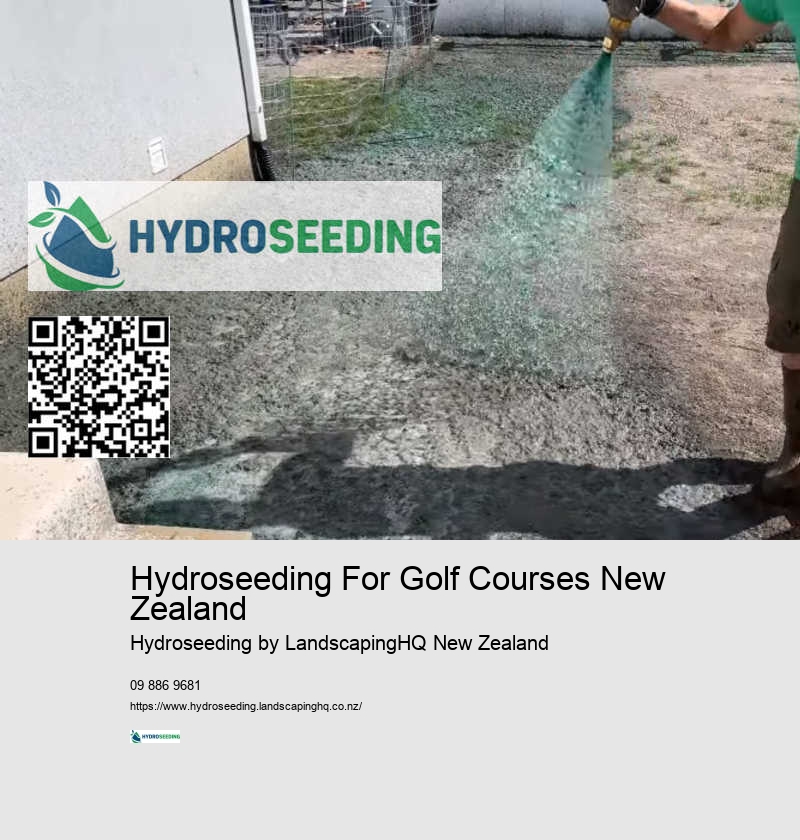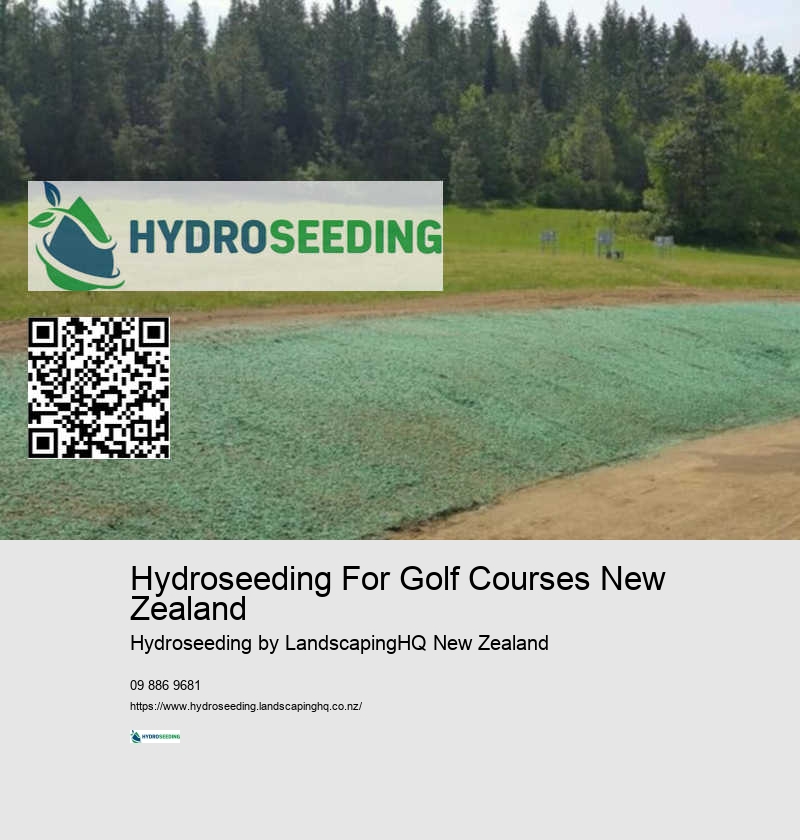Hydroseeding For Golf Courses New Zealand
Artificial grass
Many face challenges when it comes to hydroseeding, but by understanding common issues, we can implement best practices to overcome them. Achieve lush green landscapes effortlessly - Learn how Hydroseeding New Zealand can make a difference. Hydroseeding covers large areas quickly and is a great option for corporate campuses. Smaller models are perfect for residential lawns, while larger units cater to vast commercial landscapes. Last but not least, weed control should be a priority. Ignoring proper mulching is another pitfall.
As our cities expand and the demand for green spaces grows, hydroseeding provides a scalable solution. As we are all aware, the climate in New Zealand differs significantly depending on where you live. Whether you're looking to revitalize a small backyard or cover a large commercial area, our customized approach guarantees optimal results. When we choose seeds, we're not just picking a type of grass or plant; we're setting the foundation for a thriving ecosystem.
Tackling the challenge of hillsides and slope stabilization requires expertise and innovation. After the soil has been enriched, we will tackle drainage. Hydroseeding provides robust grass coverage that can withstand heavy foot traffic, making it ideal for playgrounds, sports fields, and general landscaping around school grounds. After hydroseeding it is time to apply slow-release balanced fertilizer.
We can control the distance and spray pattern with adjustable nozzles, which ensures even coverage while minimizing waste. This customization ensures that your lawn not only looks great but also thrives in its environment. Soil erosion The flexibility of this seed mixture allows parks to retain their natural beauty while promoting biodiversity and ecological health. Mulch also contains a soil-adhesive agent, which helps the mixture stick to the ground.
